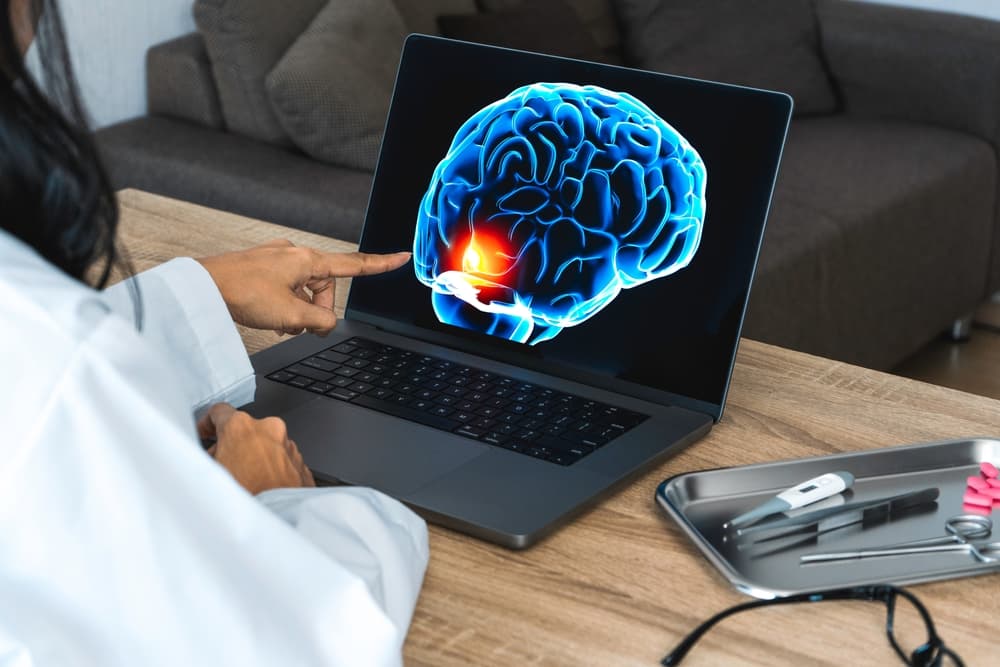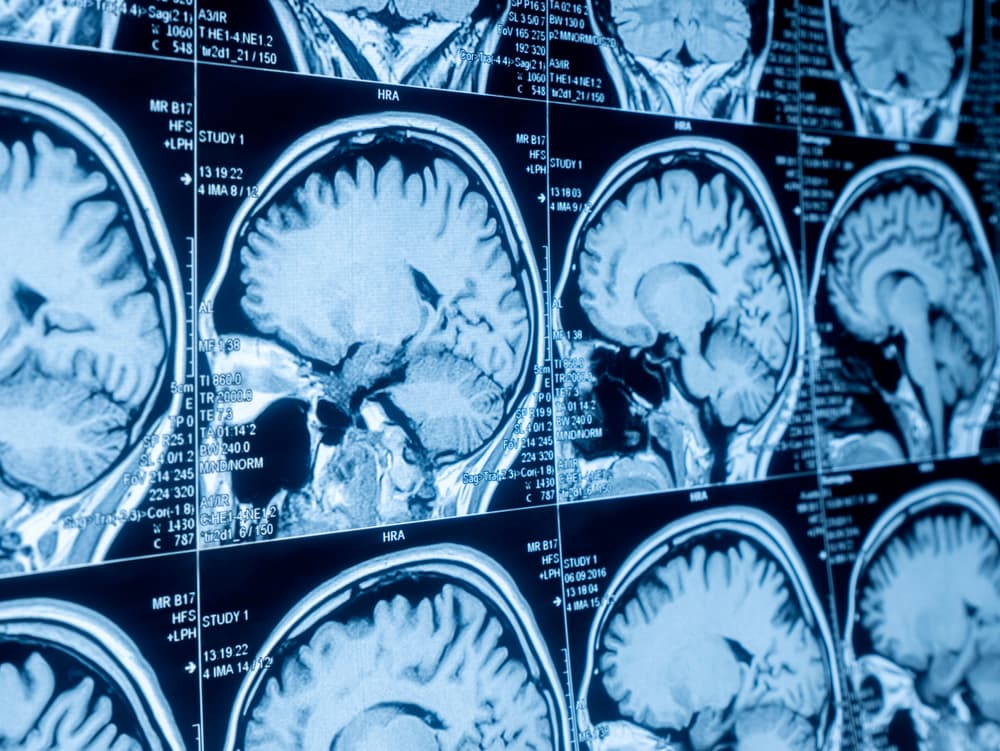Car accidents can cause many severe injuries. Among the most serious and potentially life-altering consequences of a car crash is a traumatic brain injury (TBI). The sudden deceleration, impact forces, and potential for head strikes against vehicle interiors create a perfect storm for brain trauma. Even seemingly minor fender-benders can result in a TBI, making it crucial to seek medical attention after any collision.
If you or a loved one suffered a brain injury in an accident caused by someone else’s negligence, you’re likely facing a challenging recovery. Not only must you deal with the physical symptoms, but the ordeal can drain you emotionally and financially as well. You may wonder, “How common are TBIs after a car accident and how can I get compensation?”
The truth is that TBIs are more frequent than you might think, and their impact can be devastating. You have rights if another driver or some other factor beyond your control caused the car crash that injured you.
At this difficult time, you need to have a knowledgeable advocate in your corner. A traumatic brain injury attorney in Winchester can help you understand your rights, deal with insurance companies, and fight for the compensation you deserve. Contact a car accident lawyer near you today for a free case evaluation.
Definition of Traumatic Brain Injury

A traumatic brain injury occurs when a sudden, external force causes damage to the brain. This can happen due to a blow, jolt, or penetrating injury to the head. TBIs can range from mild concussions to severe injuries that result in long-term disability or even death.
If you’re grappling with the aftermath of a car accident and a potential brain injury, you’re facing a challenging road ahead. The physical, emotional, and financial toll can be overwhelming. It’s crucial to understand that you don’t have to navigate this journey alone. Experienced legal representation can make a world of difference in ensuring you receive the compensation and support you need to recover and rebuild your life.
Don’t hesitate to reach out to the Correll Law Firm for a free consultation. Your future may depend on the steps you take today.
Statistics on TBIs in Car Accidents
The numbers paint a sobering picture of the prevalence of traumatic brain injuries in motor vehicle accidents. Consider the following statistics:
According to the Centers for Disease Control and Prevention (CDC), motor vehicle crashes are a major cause of TBI-related deaths and hospitalizations. They account for approximately 17% of all TBI-related deaths in the United States. In a recent year, 10,291 people died across the U.S. due to TBIs resulting from motor vehicle crashes.
In Virginia specifically, the Department of Motor Vehicles reports that 127,825 total traffic accidents occurred in the Commonwealth during a recent year. Of those, 7,509 reported serious injuries, and 908 reported fatalities. While specific TBI data isn’t available, one can presume that a significant portion of these injuries involved head trauma or TBIs.
Motor vehicle accidents are the primary cause of TBI-related deaths in young adults (15-24) and older adults (75+). Also, males are more likely to suffer TBIs in car wrecks than females.
Types of TBIs Common in Car Accidents

The brain is a complex organ, and injuries to it can take various forms. Understanding the different types of TBIs commonly seen in car accidents can help you recognize potential symptoms and seek appropriate medical care.
Concussions
Concussions are the most common type of TBI. They occur when the brain is jolted inside the skull, causing temporary dysfunction. Symptoms can include headache, confusion, dizziness, and memory problems. Concussions are seldom, if ever, “mild” and can have lasting effects. You should always take a concussion seriously and get a medical exam right away.
Contusions
A contusion is a bruise on the brain. It typically results from a direct impact to the head. In a car accident, this might happen if your head strikes the steering wheel, window, or other parts of the vehicle. Contusions can cause swelling and bleeding in the brain, potentially leading to serious complications.
Diffuse Axonal Injuries
Diffuse axonal injuries occur when the brain moves rapidly inside the skull, causing the long connecting nerve fibers (axons) to tear. This type of injury often occurs in high-speed accidents and can result in widespread brain damage. The effects can be severe and long-lasting, potentially leading to coma or permanent disability.
Penetrating Injuries
While less common, penetrating injuries can occur in severe accidents when objects pierce the skull and enter the brain. These injuries are often life-threatening and require immediate medical intervention.
Factors Influencing TBI Occurrence in Car Accidents
Several factors can influence whether a TBI occurs in a car accident and how severe it might be. Understanding these factors can help us appreciate the importance of safety measures and the complex nature of TBI cases.
Speed of Impact
The speed at which vehicles are traveling at the point of impact is a crucial factor in TBI occurrence. Higher speeds mean greater force, which can lead to more severe brain injuries. Even a low-speed collision can cause a TBI, but the risk and potential severity increase significantly with speed.
Type of Collision
The nature of the collision plays a significant role in determining the likelihood and type of TBI:
- Head-on collisions often result in the most severe injuries due to the combined speed of both vehicles.
- Rear-end collisions can cause whiplash-type injuries, potentially leading to concussions or diffuse axonal injuries.
- Side-impact crashes (T-bone accidents) can be particularly dangerous as there’s less vehicle structure to absorb the impact.
Use of Safety Equipment
Proper use of safety equipment can significantly reduce the risk of TBI in a car accident:
- Seatbelts help prevent occupants from striking the interior of the vehicle or being ejected.
- Airbags can cushion the impact and prevent direct head trauma, though they can also cause mild concussions when deployed.
Failure to use these safety features increases the risk of severe TBI in the event of a crash.
Vehicle Design and Safety Features
Most modern vehicles come equipped with safety features, including:
- Crumple zones that absorb impact energy and reduce the force transmitted to occupants
- Side-impact protection bars that provide additional structural integrity in T-bone or broadside collisions
- Advanced driver assistance systems (ADAS), like automatic emergency braking, which can help prevent accidents or reduce their severity
While these safety features can help mitigate the risk of TBI, older vehicles or those with poor safety ratings may offer less protection.
These factors can play a significant role in determining liability and the extent of damages in a personal injury claim.
Challenges in Diagnosing TBIs After Car Accidents

Diagnosing a traumatic brain injury after a car accident can be a complex process. It can present challenges that can impact both medical treatment and legal proceedings. Some common challenges that typically arise in TBI cases resulting from car accidents include:
Delayed Symptom Onset
One of the most significant challenges in diagnosing TBIs is that symptoms don’t always appear immediately after the accident. Some symptoms may take hours, days, or even weeks to manifest. This delayed onset can lead to:
- Victims leaving the accident scene without seeking immediate medical attention
- Delayed treatment, potentially worsening the injury
- Difficulties in establishing a clear link between the accident and the TBI for legal purposes
Accident victims must seek medical evaluation promptly, even if they feel fine initially. They must also monitor themselves for emerging symptoms in the days and weeks following the accident.
Mild TBIs Are Often Overlooked
Doctors sometimes use the term “mild TBI,” which can be misleading. There’s nothing “mild” about damage to your brain. Nevertheless, less severe TBIs, like concussions, may be hard to diagnose. They may not show up on standard imaging tests like CT scans or MRIs, leading to potential misdiagnosis or oversight. Symptoms of mild TBIs can be subtle and may include:
- Headaches
- Difficulty concentrating
- Mood changes
- Sleep disturbances
These symptoms can be mistaken for stress or other conditions, leading to inadequate treatment and potential long-term consequences.
Importance of Proper Medical Evaluation
Given these challenges, you must undergo a thorough medical evaluation following any car accident where head trauma is possible. This may include:
- Neurological exams
- Advanced imaging techniques
- Cognitive assessments
- Monitoring over time
You need to be honest and upfront about all your symptoms, no matter how minor they may seem. You also need to ensure healthcare providers take your case seriously and provide a comprehensive evaluation and diagnosis.
The difficulties in diagnosing TBIs can have significant implications for both medical treatment and legal cases. Missed or delayed diagnoses can lead to inadequate treatment. It can also make it more challenging for your attorney to prove the link between the accident and the injury in legal proceedings. This is why you need to seek experienced legal representation from a brain injury attorney who understands these complexities and can advocate effectively for proper evaluation and fair compensation.
Legal Implications of TBIs in Car Accident Cases
When it comes to legal cases involving TBIs from car accidents, several important factors come into play:
- Establishing causation: One of the key challenges in TBI cases is proving that the injury was directly caused by the car accident. This is where expert medical testimony and thorough documentation of your symptoms and treatment become crucial.
- Calculating damages: TBIs can have both short-term and long-term effects, making it challenging to accurately calculate damages. Your claim may need to account for immediate medical expenses, ongoing rehabilitation costs, lost wages, potential future lost earnings, and compensation for pain and suffering.
- Statute of limitations considerations: In Virginia, the statute of limitations for personal injury claims, including those involving car accidents, is generally two years from the date of the accident. However, in some cases involving TBIs, the discovery rule may apply, potentially extending this deadline. It’s crucial to consult with an attorney as soon as possible to ensure you don’t miss important legal deadlines.
Prevention and Safety Measures

While we can’t eliminate the risk of TBIs in car accidents entirely, there are steps we can take to reduce their likelihood and severity.
- Importance of wearing seatbelts: Seatbelts remain one of the most effective ways to prevent serious injuries, including TBIs, in car accidents. Always buckle up, no matter how short the trip.
- Proper use of child safety seats: For children, using the appropriate car seat or booster seat for their age and size is crucial. Proper installation and use of these safety devices can significantly reduce the risk of TBI in young passengers.
- Advances in vehicle safety technology: Modern vehicles come equipped with a range of safety features designed to prevent accidents and minimize injuries. These include automatic emergency braking, lane departure warnings, and advanced airbag systems. When shopping for a vehicle, prioritize safety ratings and available safety features.
In addition to these measures, motorists must follow safe driving practices:
- Avoid distracted driving, including using your phone while driving
- Never drive under the influence of alcohol or drugs
- Obey speed limits and adjust your speed for weather conditions
- Maintain a safe following distance from other vehicles
By implementing these safety measures and practicing defensive driving, we can all play a part in reducing the incidence of TBIs and other serious injuries on our roads.
Contact a Virginia Car Accident Lawyer Today
Traumatic brain injuries arising from car accidents can be devastating and impact every aspect of your life. If someone caused a car wreck where you suffered a TBI or other head injury, don’t delay in getting the legal help you need to secure the compensation and justice you deserve.
At Correll Law Firm, we have recovered millions of dollars for injured Virginians since 2009. As an established personal injury law firm, we have the resources to fully investigate your claim and take on the largest insurance companies. We also have the passion and tenacity to fight for maximum compensation for you.
Don’t face this challenging time alone. The Correll Law Firm is here to help. We understand the unique challenges you face because of a TBI, and we’re committed to advocating for your rights and helping you secure the money you need.
Contact us today for a free consultation to discuss your case and help you understand your options.
